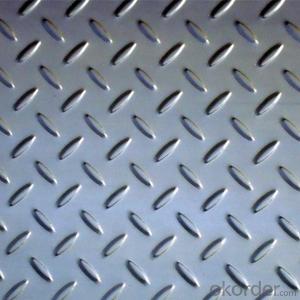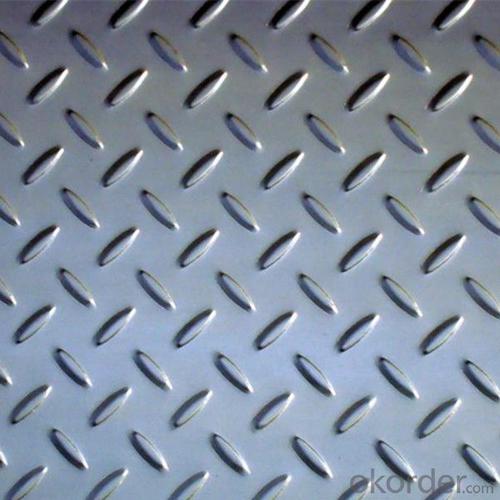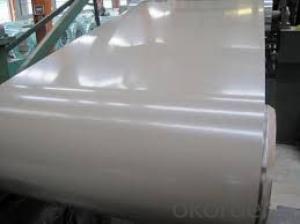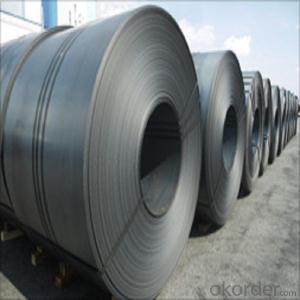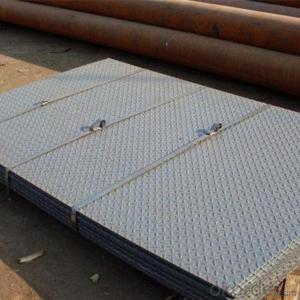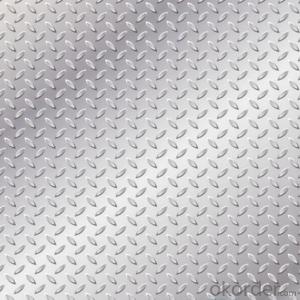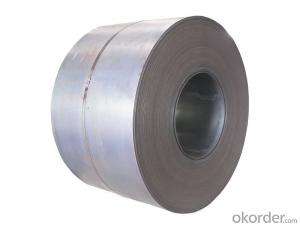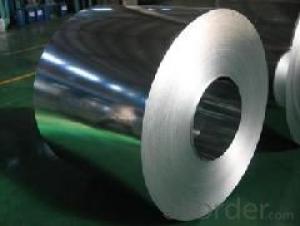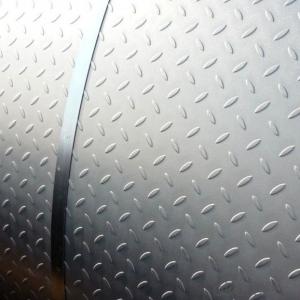Prime Hot Rolled Chequered Steel Sheets China
- Loading Port:
- China main port
- Payment Terms:
- TT OR LC
- Min Order Qty:
- 23 m.t.
- Supply Capability:
- 10000 m.t./month
OKorder Service Pledge
Quality Product, Order Online Tracking, Timely Delivery
OKorder Financial Service
Credit Rating, Credit Services, Credit Purchasing
You Might Also Like
Specification
Standard:
ASTM,GB,JIS
Technique:
Hot Rolled
Shape:
Round
Surface Treatment:
Galvanized,Oiled,Dry
Steel Grade:
Q195,Q215,Q235,SS400-SS490
Certification:
ISO,SGS,BV,CE
Thickness:
1.8mm-16mm
Width:
1000mm-1600mm
Length:
requirement
Net Weight:
23mt
Packaging:
Standard Export Packing
Product Description:
| Grade | Q235B,Q345B,SS400ASTM A36, St37-2 |
| Standard | GB, BS, EN, ASTM, JIS |
| Payment | L/C |
| Delivery | 25 working days after confirmed the order |
| Application | Floor board, factory stair boards, deck board, car boards ,staircases, lorry beds, elevator floors |
2.Product Images
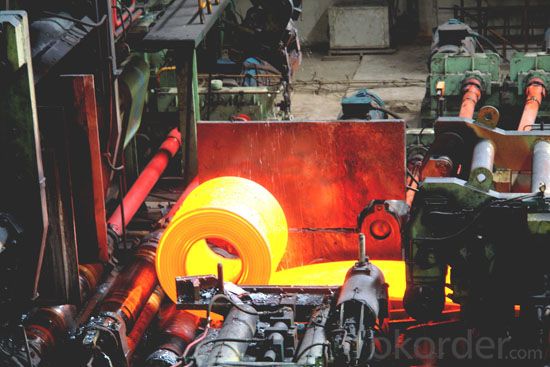
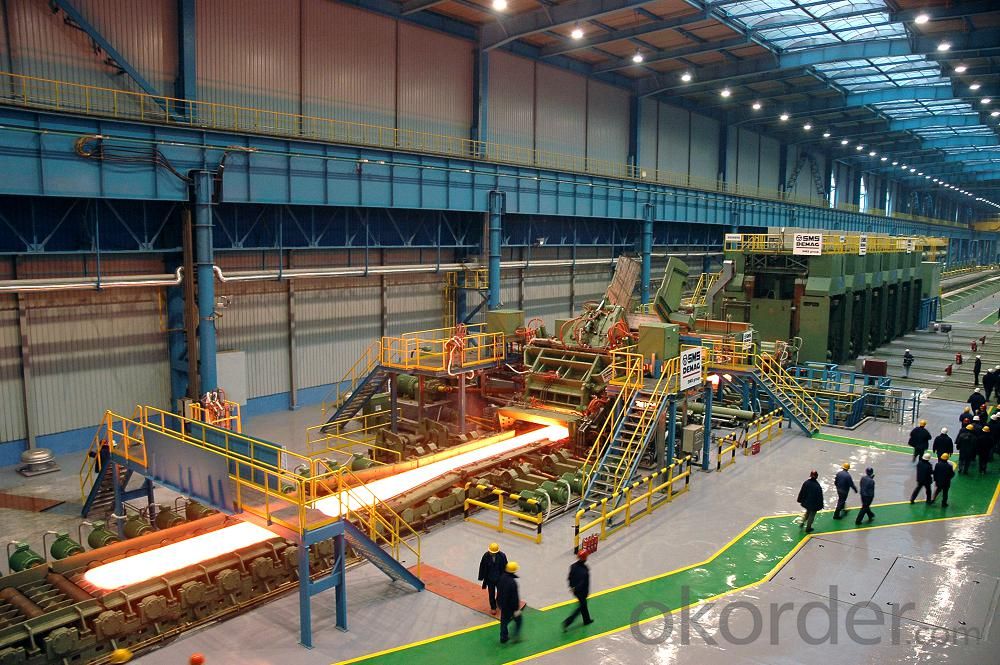
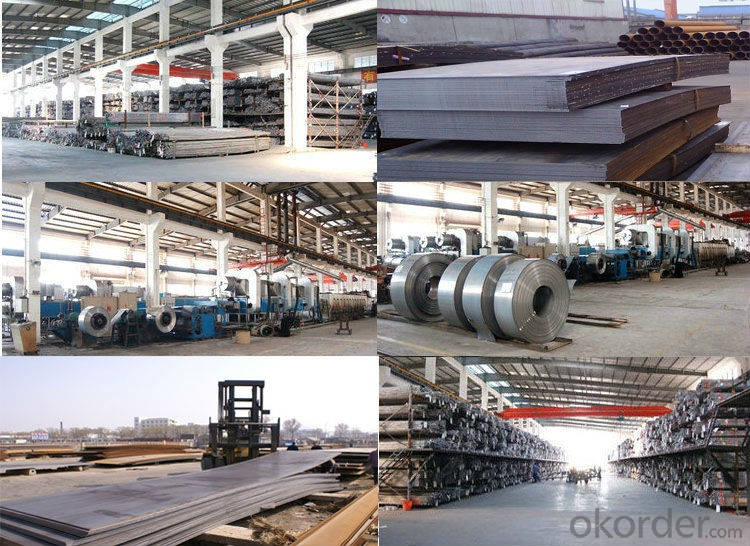
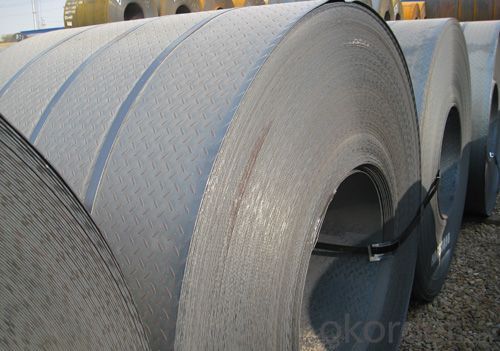
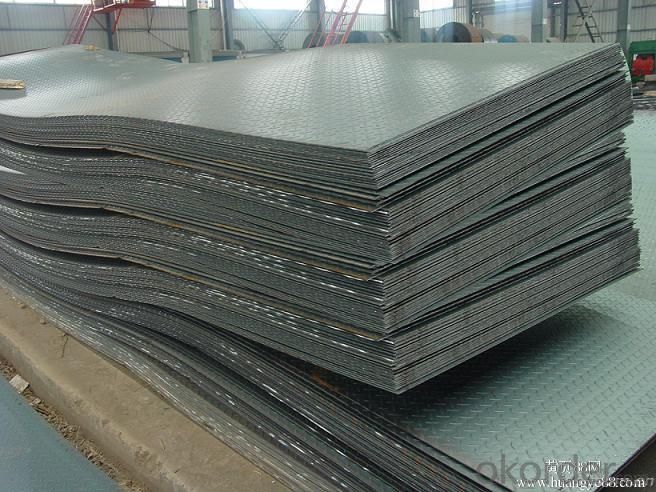
3.Our Service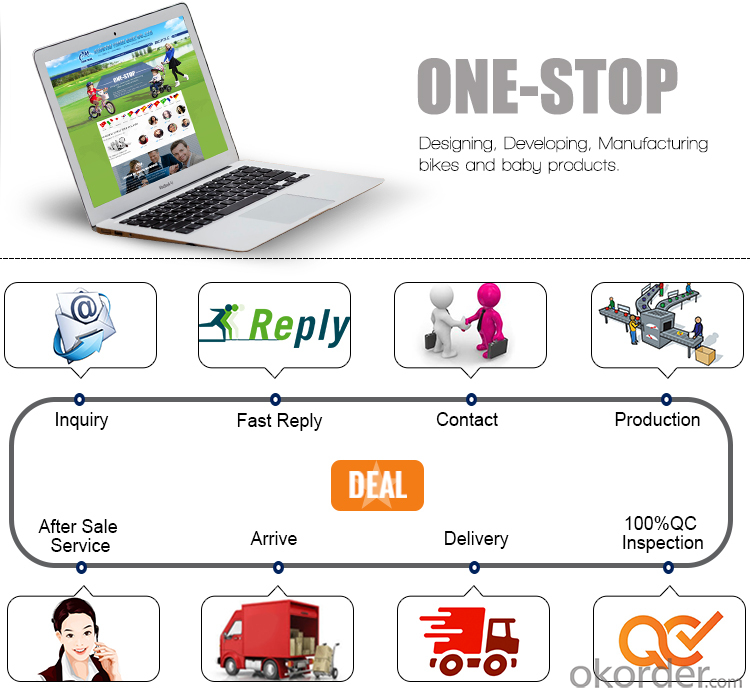
4.FAQ
1. Q: Where is your company located? How can I visit there?
A: Our company is located in Beijing, China. Welcome to visit us.
2. Q: What's the MOQ?
A: Our MOQ is 23mt.
3. Q: What's the delivery time?
A: It will take about 30 days after TT or L/C.
4. Q: What is the payment terms?
A: T/T, L/C at sight
5. Q: How does your factory carry out quality control?
A: We attach great importance to quality control.Every part of our products has its own QC.
- Q: I was reading about the Colt 38 Super Custom and it said it's optional between a carbon steel frame or a stainless steel frame. What is the difference? There is also a choice between aluminium or stainless steel hammers and triggers can you also tell me the difference between them please?
- Carbon steel will corrode much more easily than stainless steel, and stainless can be made stronger than carbon steel. Stainless steel is also usually heavier than carbon steel, which helps to control recoil when the gun is fired (recoil is not eliminated, only reduced). Stainless steel can also be polished to a mirror finish, so it doesn't have to be chrome-plated for that shine. Probably the biggest plus to using stainless over carbon steel, though, is the fact that it is far less prone to crystalization than carbon steel. When steel crystalizes, it becomes brittle, and can break at the worst possible times. Bad thing about stainless: It generally costs more. Aluminum is much lighter than any steel, size-for-size, and can be just as strong, if not stronger, than steel; I've worked with aluminum alloys that require special-made tooling. The difference, besides the weight issue, is that aluminum (even most alloys) will become softer when it is heated to a specific point -- which is why it is not used for the barrels of firearms using explosive powders as the propellent source. Because of the cost of the alloys which can withstand the heat generated in the barrel of a firearm, it is just less expensive to use a steel barrel. And for a fella that is so pro-gun, the previous answerer sure seems ignorant of 'em.
- Q: How are steel coils used in the manufacturing of building materials?
- Steel coils are used in the manufacturing of building materials as they provide a strong and durable base for various products. These coils are typically unrolled and shaped into different forms, such as sheets or beams, which are then used to create structures like roofing, siding, and framing. The flexibility and strength of steel make it an ideal material for construction purposes, ensuring buildings are sturdy and long-lasting.
- Q: Aluminum and Steel brittle or ductile based on these results? and why? Steel Aluminium% Elongation 0.2510.2705Modulus of E in ksi11833.33964.71Tensile Strength (ksi)87.5 51.5Yield Strength (ksi)78.5 41
- Only steel(of this pair)might be liable to brittle fracture,which would be implied by almost zero elongation or reduction in area at fracture.On this basis the steel has not failed by brittle fracture.I would expect much more elongation in pure aluminium than your sample shows so I presume it to be brittle unless it is an alloy rather than commercially pure aluminium.However brittle fracture in metals is a particular phenomenon to be determined by impact tests and examination of fracture surfaces and is particularly relevant to metals with the body centred crystal structure.
- Q: How are steel coils used in the production of pipelines?
- Steel coils are used in the production of pipelines as they are rolled into flat sheets and then formed into the required shape. These coils provide the necessary strength and durability for the pipelines, ensuring they can withstand the high pressure and harsh conditions they will be exposed to.
- Q: What are the common coil finishes available for steel coils?
- Steel coils can be finished in various ways to serve different purposes and achieve different aesthetic appearances. Some popular coil finishes include: 1. Hot-dip galvanized: By immersing the steel coil in molten zinc, a protective layer is formed on its surface. This finish is ideal for outdoor applications like roofing, fencing, and automotive parts due to its excellent corrosion resistance. 2. Galvannealed: Achieved by annealing the hot-dip galvanized coil, this finish gives a matte gray appearance. Galvannealed coils have enhanced paint adhesion, making them suitable for subsequent painting or powder coating in applications like appliances and furniture. 3. Electro-galvanized: A thin layer of zinc is electroplated onto the surface of the steel coil in this process. Electro-galvanized finishes offer good corrosion resistance and are commonly used indoors, such as in electrical enclosures, HVAC systems, and automotive components. 4. Pre-painted or coated: These finishes involve applying a layer of paint or a coating system to the steel coil, improving its appearance and providing extra protection. Pre-painted coils are extensively used in construction, appliances, and automotive industries due to their aesthetic appeal and corrosion resistance. 5. Bare or mill finish: This refers to the untreated, raw steel coil without any additional coatings or finishes. Bare steel coils are commonly used in applications where corrosion resistance is not the main concern, such as structural components, pipes, and tubes. These are just a few examples of the many coil finishes available for steel coils, each offering unique properties and advantages depending on the intended use. Carefully considering the specific requirements of the application is important when choosing the most suitable coil finish.
- Q: How do steel coils resist corrosion?
- A combination of factors contributes to the corrosion resistance of steel coils, including the presence of protective coatings, the utilization of corrosion-resistant alloys, and the implementation of proper handling and storage practices. Galvanization, which involves the application of zinc coatings, is the most common method employed to prevent corrosion in steel coils. This process establishes a barrier between the steel and its surroundings, effectively shielding it from moisture and corrosive elements. The zinc coating acts as a sacrificial layer, taking the brunt of the corrosion instead of the steel itself. Another approach to enhance corrosion resistance entails the use of corrosion-resistant alloys. These alloys are specifically designed to endure harsh conditions and are composed of elements like chromium, nickel, or molybdenum. Upon exposure to the environment, these alloys form a passive oxide layer on the surface of the steel, serving as a protective shield against corrosion. In addition, proper handling and storage practices are crucial in preventing corrosion. It is important to store steel coils in dry and well-ventilated areas to minimize contact with moisture. Care must also be taken to avoid contact with other metals and materials that could result in galvanic corrosion. Regular inspections and maintenance are essential for promptly identifying and addressing any signs of corrosion. In conclusion, the resistance of steel coils to corrosion is achieved through the implementation of protective coatings, the utilization of corrosion-resistant alloys, and the application of proper handling and storage practices. By employing these measures, the longevity and durability of steel coils are ensured in diverse environments.
- Q: How are steel coils used in the manufacturing of fuel systems?
- Steel coils are commonly used in the manufacturing of fuel systems to create various components such as fuel tanks, pipes, and fittings. These coils are often shaped, cut, and welded to form the desired fuel system parts. The high strength and durability of steel make it an ideal material for fuel systems, ensuring the safe and efficient transportation of fuel.
- Q: Are steel coils used in shipbuilding?
- Yes, steel coils are commonly used in shipbuilding. They are used primarily for the construction of the ship's hull and other structural components due to their strength, durability, and ability to withstand harsh marine environments.
- Q: What are the common problems encountered with steel coils during production?
- Some common problems encountered with steel coils during production include surface defects such as scratches, rust, and scale formation, dimensional deviations, coil breaks or tears, edge defects, and coil slippage. Other issues may include coil handling and storage problems, coil winding or coiling defects, and quality control problems such as inconsistent chemical composition or mechanical properties.
- Q: What are the benefits of using steel coils in the manufacturing of pipes?
- Using steel coils in the manufacturing of pipes has several advantages: 1. Strength and durability: Steel is renowned for its strength and durability, making it an ideal material for pipes. By utilizing steel coils, pipes are provided with a solid foundation, enabling them to withstand high-pressure applications and resist damage from external factors such as impact or corrosion. This strength and durability increase the lifespan of the pipes, reducing the need for frequent replacements. 2. Customizability: Steel coils offer a high degree of flexibility in terms of customization and design. They can be easily formed into various pipe shapes and sizes, allowing manufacturers to produce pipes that meet specific project requirements. This flexibility also allows for the production of seamless pipes, which have superior structural integrity and a reduced risk of leakage. 3. Excellent thermal conductivity: Steel possesses excellent thermal conductivity, meaning it efficiently transfers heat or cold. This property is essential for pipes used in industries such as oil and gas, where temperature control is crucial. By utilizing steel coils, pipes can effectively handle extreme temperatures, preventing any damage to the pipes or the substances flowing through them. 4. Cost-effectiveness: Steel coils can be produced in large quantities, resulting in economies of scale and lower production costs. This cost-effectiveness benefits both manufacturers and consumers, as it helps keep the overall cost of pipes down. Additionally, the durability of steel pipes reduces the need for frequent repairs or replacements, resulting in long-term cost savings. 5. Enhanced corrosion resistance: Steel coils can be coated with protective layers to enhance their resistance to corrosion. This corrosion resistance is vital in applications where pipes come into contact with corrosive substances or are exposed to harsh environmental conditions. By utilizing steel coils with appropriate coatings, manufacturers can ensure that their pipes have a longer lifespan and maintain their structural integrity even under challenging circumstances. In conclusion, the utilization of steel coils in pipe manufacturing provides numerous benefits, including strength, customizability, thermal resistance, cost-effectiveness, and corrosion resistance. These advantages make steel coils the preferred choice for many industries that rely on durable and efficient piping systems.
Send your message to us
Prime Hot Rolled Chequered Steel Sheets China
- Loading Port:
- China main port
- Payment Terms:
- TT OR LC
- Min Order Qty:
- 23 m.t.
- Supply Capability:
- 10000 m.t./month
OKorder Service Pledge
Quality Product, Order Online Tracking, Timely Delivery
OKorder Financial Service
Credit Rating, Credit Services, Credit Purchasing
Similar products
Hot products
Hot Searches
Related keywords
